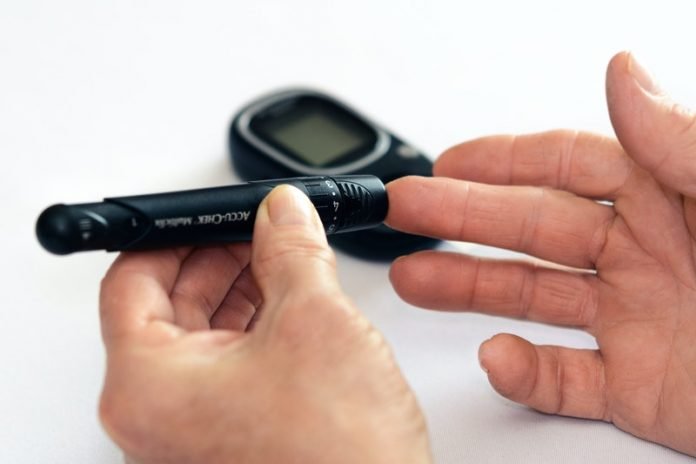
Diabetes is a clear example since new classifications are being added to the traditional classification into type 1 and type 2 diabetes.
These new classifications are based on genetic and molecular characteristics that improve diagnosis and treatment.
Type 3c, or pancreatogenic, diabetes is characterized by an inflammation of the pancreas that interrupts insulin production.
It is estimated to represent around 5 to 10% of all diabetes cases in Western countries, but currently, there are few specific markers for it so that it is often misdiagnosed as diabetes type 2.
Pancreatic cancer has a high mortality rate—around 95%—since it has no early-stage symptoms, and is usually diagnosed too late.
Diabetes and pancreatic cancer are connected because the pancreas secretes insulin; in diabetic people, this does not occur in a normal way. It is estimated that around 50% of patients with pancreatic cancer present diabetes.
But it is an outstanding challenge for researchers to figure out which is the cause and which is the consequence.
Until now, the most common approach has been to study whether diabetes could cause pancreatic cancer.
In a recent study from the Spanish National Cancer Research Centre, researchers found that type 3c diabetes or pancreatogenic diabetes, could also be an early sign of pancreatic cancer.
The finding would imply that it is possible to make an earlier diagnosis of this disease since it allows classifying patients with diabetes type 3c as a population with an increased risk of having early-stage pancreatic cancer.
The study is published in Gut. The lead author is Núria Malats, leader of the Genetic and Molecular Epidemiology Group.
In the study, the team turned the equation around, and for the first time asked whether pancreatic cancer could cause diabetes.
They used data from more than 3,500 people to analyze the link between multiple risk factors and pancreatic cancer.
Using innovative epidemiological and statistical analysis strategies, they found that pancreatic cancer is the cause of the development of diabetes type 3c in 26% of cases.
More precise markers to identify it correctly are required, not only to provide adequate treatment to patients but also because the team now shows that a correct classification is crucial for the early diagnosis of pancreatic cancer.
The researchers wanted to test if type 2 diabetes could also be connected to this cancer, but in this case, the study was unable to establish a clear causal link.
They say that the link between pancreatic cancer and type 2 diabetes is very complex, with obesity playing a role, too.
Copyright © 2020 Knowridge Science Report. All rights reserved.



